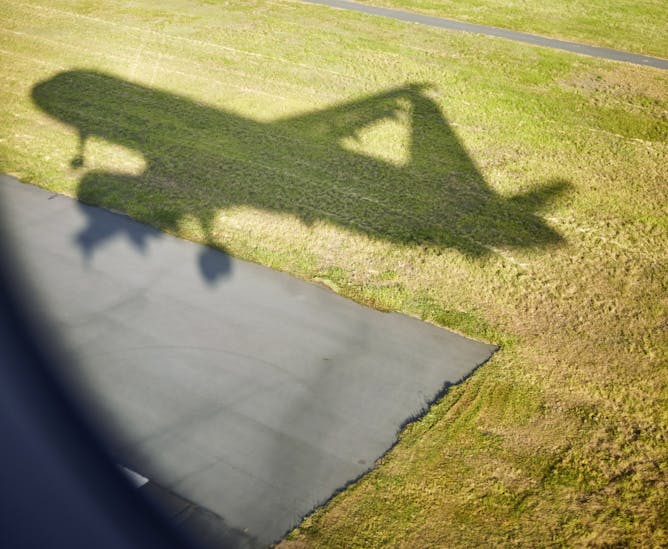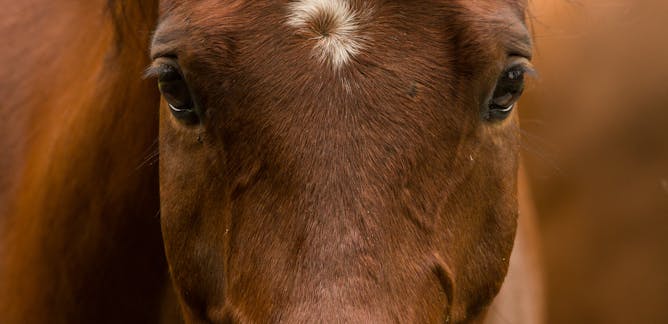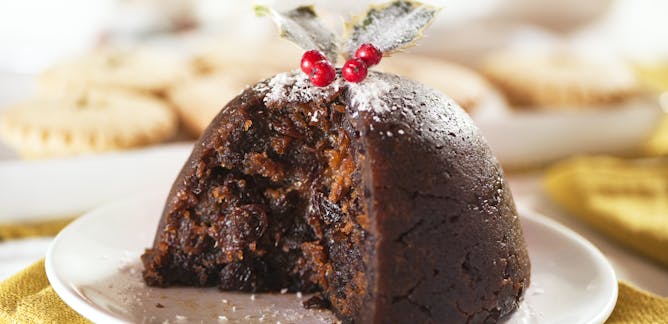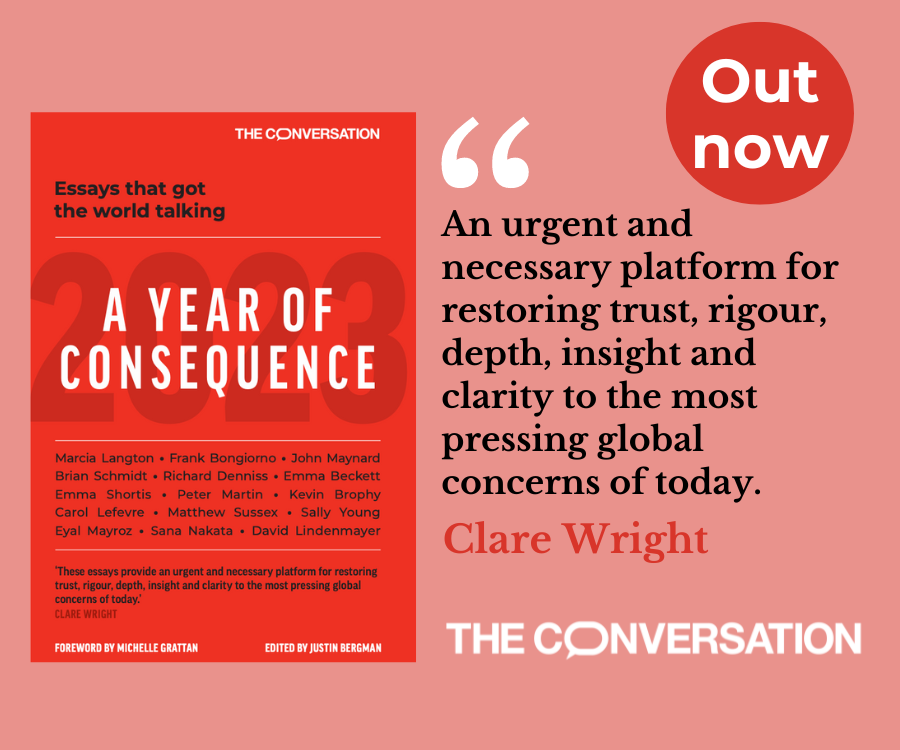|
|
|
|
Nau mai, haere mai.
With the Christmas break approaching, many people will be preparing to pack and jet away to distant destinations, either for a holiday or to see friends and relatives. It’s traditionally a busy season for airlines – and many will be at pains to reassure passengers about their climate sustainability strategies.
But as James Higham writes today, these claims (and the marketing and advertising of them) are increasingly being scrutinised for their accuracy and any hint of greenwashing. Many airlines are already facing formal complaints and legal action for what their critics say are misleading messages.
Part of the problem lies in the way emissions reductions are measured – specifically, what else in the “value chain” of an airline or airport is included or excluded to arrive at a positive milestone on the road to “net zero”. Along with stowing your tray table and making sure your seat back is upright, reading the fine print may now be integral to the travel experience.
Finally, at the end of every year we publish a collection of some of the best articles in book form. A Year of Consequence covers the NZ general election, the crisis in our housing market, the state of higher education, and many other international topics. A perfect Christmas gift, you can order your copy here. Till next week, mā te wā.
|

|
Finlay Macdonald
New Zealand Editor
|
|

James Higham, Griffith University
Airlines and airports face increased scrutiny – and possibly legal action – over the contradictions between their sustainability claims and the reality of their high-emissions businesses.
|

Barbara Allen, Te Herenga Waka — Victoria University of Wellington; Karl Lofgren, Te Herenga Waka — Victoria University of Wellington; Michael Macaulay, Te Herenga Waka — Victoria University of Wellington
History suggests the new NZ government’s pledge to cut budgets and jobs in the public sector will cost more in the long run – and damage morale in the process.
|

Alison Pavlovich, Te Herenga Waka — Victoria University of Wellington
Labour’s 2021 property tax changes were meant to lower the cost of housing. But without a proper capital gains tax it only hurt investors and renters, and made the tax system overall less coherent.
|

Rebecca J McLeod, University of Otago; Cliff Law, University of Otago
New Zealand’s new government has vowed to explore ‘blue carbon’ options for removing atmospheric CO₂ to meet net zero goals. But first we need a national strategy for this developing field of science.
|

Alexander Plum, Auckland University of Technology; Kabir Dasgupta, Auckland University of Technology
Why do gay men generally earn less than heterosexual men, and lesbian women more than heterosexual women? New research aims to find out why, and how LGBTQ+ inclusivity can be improved.
|

Tom Baker, University of Auckland
The local and international track record of social investment funds and social impact bonds is far from convincing. A better-resourced public sector would be a simpler solution.
|
From our foreign editions
|

Andrew Thomas, Deakin University
Political Zionism underpins the country we today call Israel. It’s a political movement that’s evolved over time. So what is the history of Zionism, and what has that evolution looked like?
| |

Vera Weisbecker, Flinders University; Emma Sherratt, University of Adelaide; Rex Mitchell, Flinders University
It also explains why there are exceptions to the rule – including humans, who have strikingly short faces relative to the braincase.
|

Troy Bickham, Texas A&M University
The Christmas pudding, once known as the ‘Empire Pudding,’ reflects the lasting legacy of the British Empire.
| |

Marlene Daut, Yale University
Leaving out the history of Napoléon’s brutal subjugation of Haiti is akin to making a movie about Hitler without mentioning the Holocaust.
|

Aoife Duffy, University of Essex
Thousands of Kenyans were held in detention camps, and the British imperialist government tried to cover up brutal violations that occurred there.
| |

Ge Chen, Durham University
Discussions about potential bans highlight the tension between Western countries and China over the app.
|

Robert Chris, The Open University; Hugh Hunt, University of Cambridge
Is reaching net zero emissions by 2050 enough to halt warming? One leading scientist says no.
| |

Alexander Hill, University of Calgary
Polls suggest many Russians remain supportive of Putin and the war in Ukraine. Economic realities and western double standards likely play a big role.
|
|
|
| |
| |
| |

|
| |
| |
| |
| |
| |
| |
|
|
|
|
|
|
|